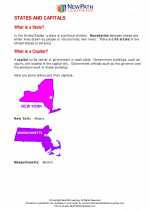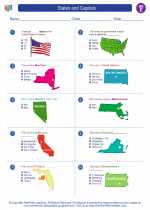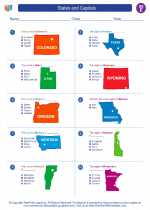Free and Fair Elections
Free and fair elections are an essential part of a democratic society. They ensure that citizens have the opportunity to choose their leaders and have their voices heard in the government. In free and fair elections, all eligible citizens have the right to vote without fear of intimidation or coercion. The electoral process is conducted in a transparent and impartial manner, and the results are determined by the will of the people.
Key Concepts
- Free Elections: Free elections refer to the right of all eligible citizens to participate in the electoral process without any undue restrictions or barriers. This includes equal access to the voting process, freedom from intimidation, and the ability to make an informed choice.
- Fair Elections: Fair elections refer to the impartial and transparent conduct of the electoral process. This includes the absence of fraud, manipulation, or bias in the counting and reporting of votes, as well as equal opportunities for all candidates to present their platforms and campaign for office.
- Importance of Free and Fair Elections: Free and fair elections are essential for the legitimacy of a government and the protection of citizens' rights. They promote political stability, accountability, and representation, and are fundamental to the functioning of a democratic society.
Study Guide
Here are some key points to consider when studying free and fair elections:
- What are the characteristics of free elections?
- Why is it important for elections to be fair and transparent?
- What are some examples of electoral malpractices that can undermine the fairness of elections?
- How do free and fair elections contribute to the stability and legitimacy of a government?
- What role do international organizations play in monitoring and promoting free and fair elections around the world?
Understanding the principles and practices of free and fair elections is crucial for promoting democracy and good governance. By studying this topic, you will gain valuable insights into the rights and responsibilities of citizens in a democratic society.
.◂Social Studies Worksheets and Study Guides Fifth Grade. States and Capitals

 Worksheet/Answer key
Worksheet/Answer key
 Worksheet/Answer key
Worksheet/Answer key
 Worksheet/Answer key
Worksheet/Answer key
